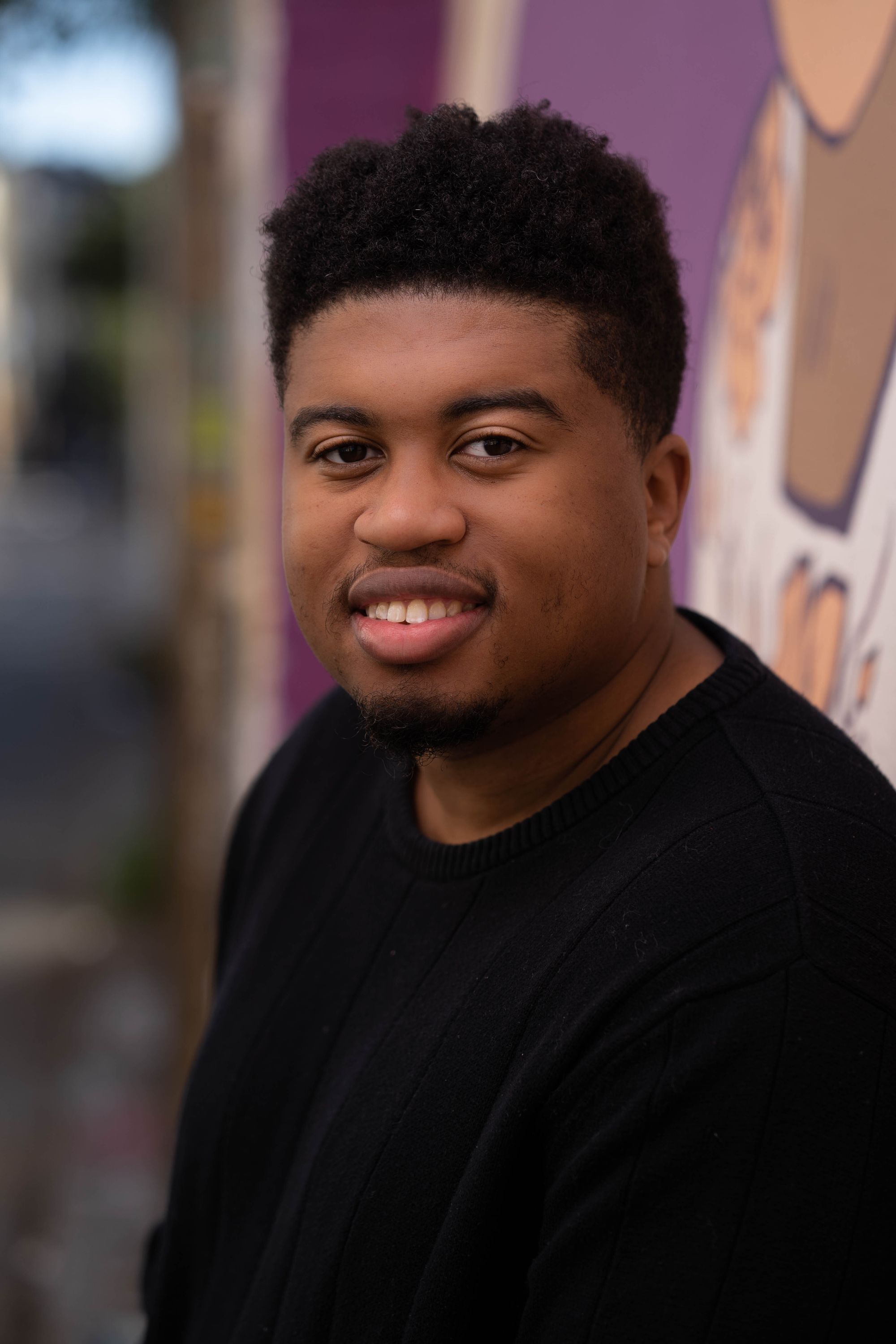Dalvin Sejour and Katricia Smith Speak on Freedom from Stigma
Juneteenth is a time to reflect on severe inequality for Black and Brown communities in America. The history of racial oppression can be closely associated with the War on Drugs for the last several decades. Both of these ongoing issues are about freedom, economic influence, and unjust persecution. According to the ACLU, African Americans are still being arrested at almost four times the rate of Whites for marijuana possession and use.
Known as Freedom Day, Juneteenth was a pivotal moment in United States history. On June 19th, 1865, enslaved Black people were declared free in Galveston, Texas. Union General Gordon Granger announced that the Civil War had ended. Despite the Emancipation Proclamation issued by President Abraham Lincoln two years prior, this became the first time Black people could embrace their liberty and enjoy some of the same opportunities as Caucasians.
While steps have been made to increase equality in the cannabis industry (like companies implementing HR departments, purchasing from minority or women-owned brands, working with nonprofits, etc.), the equity portion is still catching up. Almost 200 years later, there seems to be some confusion in the meaning of equity. Many White entrepreneurs can create a business or work in the industry without hurdles preventing them. The War on Drugs has disproportionately affected BIPOC communities economically which has made it more challenging to start businesses. Many Black and Brown people have to face record expungement and other expensive steps to get all the proper licensing required to be successful in the industry. Equity in this instance means incorporating a level starting point for all business owners -- or professionals interested in a cannabis career -- to thrive.
To honor Juneteenth, read a few stories from Dutchie team members as they highlight their first-hand experience of what it is like to be Black in the cannabis tech industry and how they hope to make it more equitable for all.
Dalvin Sejour, Dutchie Software Engineer II, opened up at length about his first-hand experience:
My journey into cannabis tech started with a simple conversation with my friend and now co-worker, Brandon Long. He and I were catching up on the phone one day, and he recently left his company and started working at Dutchie. He had been there for a couple of months and told me he loved it. I never knew there were opportunities to work in cannabis, so when I heard my friend took the plunge -- I was truly intrigued. I never heard of the company, but I started to do some research and was astounded by the proposition. I still had some things to think about before I decided to interview.
First and foremost, I am Haitian. I came from a religious household where talk of drugs and alcohol was and still is taboo, so I didn’t know how to tell my parents that I work for a company that provides support for dispensaries. Second, I felt very conflicted on a moral level, because there are many people that look and speak like me who are serving long sentences since the early 80s for non-violent offenses. Third, I didn’t know anything about cannabis. I felt like I would be at a disadvantage because I have no background knowledge in the space, so I thought I wouldn’t make as big a splash as my peers are by switching careers. After assessing these thoughts something inside me decided to take the plunge and see what it was all about.

After a couple of weeks, I decided to start interviewing with Dutchie—but on my own merit. I wanted to see how equitable the process was (and didn’t want to make Brandon look bad), so I interviewed with no referral. Not to sound cheesy, but I loved my dutchie interview. I did a pairing session with an engineer from the company, a data exercise, and met different org engineers. Therefore, when I got an offer from the company, I was shocked because things felt as if they were going too perfectly.
When I got to Dutchie, I was pleasantly surprised. First, the people here are awesome. I got a lot of support that allowed me to hit the ground running. Second, there is a Social Responsibility Committee here that has different subdivisions devoted to cannabis equity. The SEP supports dispensaries that are owned by marginalized groups. Therefore, I could do my part to correct the wrongs caused by the War on Drugs and the era of Mass Incarceration. Lastly, for my role as an engineer, I realized I was able to make an impact on this industry because Dutchie acknowledges that you don’t need to know everything under the sun about cannabis to build a solid product. I bring a fresh and unique perspective.
Another fresh perspective comes from Katricia Smith, Dutchie Software Engineer II, who offered additional insight surrounding the day of justice:
This Juneteenth finds me living in Texas, the birthplace of the now-national holiday. It was in Galveston, Texas, where it was declared to all that "all slaves are free". This year also finds me working at a company in the cannabis space. The intersection of those is that the War on Drugs is understood by many to be a continuation of aims to control, criminalize, and capitalize off of Black bodies in the Americas. From slavery, to sharecropping, to chain gangs, to prison labor. (The New Jim Crow by Michelle Alexander and the documentary 13th are great resources that go into more historical depth.) So many Black people have been persecuted and had their entire lives taken away as a result of possessing cannabis, despite not using it any more or less than other groups.
I lived in Colorado when recreational sales of marijuana began and was amazed to see the success and benefits of the state's legalization. It is great to see more and more states legalize or decriminalize cannabis but I still see a disconnect when so many people are still imprisoned or have had their life possibilities constricted as a result of possessing the same substances. As places begin to profit off of laws around legalization, I want to see initiatives that prioritize Black, Indigenous, and People of Color and efforts to undo some of the harm done by the War on Drugs.
When I interviewed for Dutchie, one of the most important questions for me was: What are you doing to acknowledge and address the disparities? I was pleasantly surprised and relieved to hear about Dutchie's Social Equity Program geared towards building equity for underrepresented groups. As the legal cannabis industry blossoms, I'm happy to be a part of a company that, rather than ignoring social inequalities, asks: What can we do? This Juneteenth, my hope is that we continue to ask that question and grow into advocates that are always on the side of equity and equality.
If you want your business to personally help fight for equity in the cannabis and tech space, consider supporting CanMar Recruitment. They focus on diversity through education. Vangst is another resource for recruiting specifically in the cannabis space. We have members recruited for previous jobs by Vangst that report having a superb experience with their company. Black Tech Pipeline is yet another recruiting network that aims to create equity in the tech space. These organizations are just some of the well-vetted tools for putting success first and eliminating any kind of racial divide.
The appropriate legislature is in the works as well, with various bills trying to get passed across the country. One of those bills for Oregon is HB 3112, which aims to expunge records and provide support for minorities trying to become successful dispensary owners. Other states aren’t quite as far along, with cannabis only decriminalized in these states. 2020 was a step in the right direction for organizations like Norml that aim to continue the evolution of laws surrounding cannabis.
Progress is being made to prevent exacerbating the struggling in these communities as more of these bills reach the federal level, starting with the MORE Act that will remove cannabis as a Schedule I drug in certain states. According to Newsweek, “The legislation would also require federal courts to expunge prior convictions and allow prior offenders to request expungement.” Like HB 3112, this bill would also reallocate tax dollars and help to repair business incentives for these communities.
Dutchie is grateful that Dalvin and Katricia have chosen to share their experiences. Their perspectives also point to the continuation of justice to come. We are committed to our work to make the industry more equitable. If you’d like to be a part of that charge, check out our open positions.





